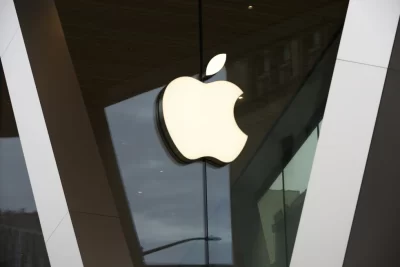
TOKYO — Japanese technology investor SoftBank said Tuesday its planned sale of the British semiconductor and software design company Arm to U.S. chip maker Nvidia has fallen through.
SoftBank Group Corp. said Tuesday it plans an initial public offering of Arm after the intended sale to Nvidia failed due to regulatory problems. It said the IPO would come sometime in the fiscal year ending in March 2023.
Rene Haas, a semiconductor industry veteran, was tapped as Arm’s new chief executive, replacing Simon Segars.
“With the uncertainty of the past several months behind us, we are emboldened by a renewed energy to move into a growth strategy and change lives around the world again,” Haas said.
SoftBank’s profit tumbled 98% in the quarter through December, as the value of its sprawling investments declined.
Net profit for the fiscal third quarter totaled 29 billion yen ($252 million), down from 1.17 trillion yen the previous year, the company said.
Arm, which SoftBank acquired in 2016, is a leader in artificial intelligence, IoT, cloud, metaverse and autonomous driving, with sales and profit growing in recent years. Its semiconductor design is widely licensed and used in virtually all smartphones, the majority of tablets and digital TVs.
Besides Arm, SoftBank owns stakes in various technology companies including the SoftBank mobile carrier, Yahoo web services provider, Chinese e-commerce giant Alibaba and vehicle-for-hire company Didi. SoftBank also takes part in funds that include other global investors called Vision Funds.
As a result, its financial results tend to be complex and varied. SoftBank has bought and then sold stakes in office-sharing venture WeWork, robotics company Boston Dynamics, mobility service provider Uber and mobile carrier Sprint, all American businesses.
SoftBank founder and Chief Executive Masayoshi Son, one of the most famous rags-to-riches successes in Japan’s business world, has repeatedly stressed that his decisions have proved sound in the long run. A graduate of the University of California Berkeley, he latched on to potential of the internet decades ago.







